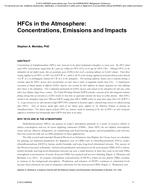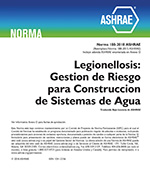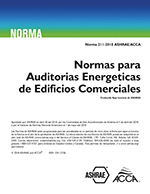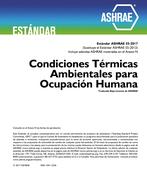Description
Concentrations of hydrofluorocarbons (HFCs) have increased in the global background atmosphere in recent years. By 2011 global mean HFC concentrations ranged from less than or equal to 1 parts per trillion for HFC-227ea to 65 ppt for HFC-134a. Although HFCs in the atmosphere do not deplete ozone, they are greenhouse gases (GHGs) that exert a warming influence on Earth’s climate. Total direct heating supplied by all HFCs in 2011 was 0.019 W m-2, which is less than or equal to 1% of the heating supplied by fossil-fuel-derived carbon dioxide (1.8 W m-2) or anthropogenic methane (0.5 W m-2) in the atmosphere. This warming influence, known also as radiative forcing, is currently small for HFCs because their concentrations are more than 6 orders of magnitude smaller than CO2. A comprehensive assessment of climate impacts of different GHGs, however, also accounts for their influence on climate integrated over time following their release to the atmosphere. This is important particularly for GHGs because some remain in the atmosphere for only days, while others have lifetimes longer than a century. The Global Warming Potential (GWP) provides a measure of the time-integrated radiative forcing arising from an emission of a GHG relative to that from an equivalent emission (by mass) of carbon dioxide. Most HFCs emitted to the atmosphere today have 100-year GWPs ranging from 100 to 14000, which are many times larger than CO2 (GWP = 1). Large increases in use and emission of high-GWP HFCs projected in the future imply a similarly large increase in radiative forcing from HFCs. Such an increase would offset much of the climate gains supplied by the Montreal Protocol in phasing out chlorofluorocarbons. The climate impact of future HFC use, however, would be minimized if the mix of HFCs (or other chemicals) adopted as substitutes had substantially lower GWPs than those in use today.
Product Details
- Published:
- 2012
- Number of Pages:
- 13
- File Size:
- 1 file , 1.4 MB
- Product Code(s):
- D-ANRC12-02
- Note:
- This product is unavailable in Russia, Belarus




